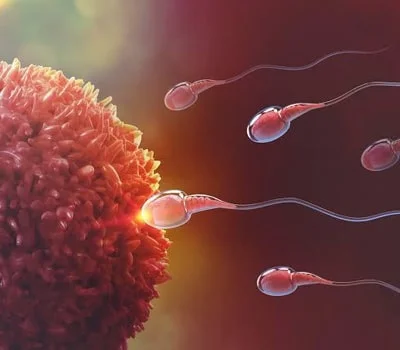All Departments
- IUI Treatment
- IVF treatment
- PCOS Treatment
- STD Treatment
- Infertility Treatment
- Fibroid Treatment
- Endometriosis Treatment
- Ovarian Cyst Treatment
- Sexual Dysfunction
- Menopause Specialist
- Irregular Menstrual
- Laparoscopic Gynecologists
- Hysterectomy
- Urogynecologist
- Contraception
- Colposcopy
- AMH Testing
- O Shot
- G shot Treatment
- Vaginoplasty
- labiaplasty
- Clitoral Hoodectomy
- Vaginal Bleaching
- High-Risk Pregnancy
- Pregnancy Care
- Maternal Fetal Medicine
- Cesarean Delivery
- Painless Normal Delivery

IUI Treatment
Overview
Intrauterine insemination (IUI) is a fertility method that enhances the chances of pregnancy if it is not happening naturally. It is a straightforward procedure that puts sperm directly inside the uterus and enhances the success rate of fertilization.
IUI Procedure
During IUI, the healthy sperms are collected from the male partner or donor, washed, and prepared. These concentrated sperms are then directly placed into the uterus using a thin tube called a speculum. This procedure is performed around ovulation when the ovary releases one or more eggs to be fertilized.
The IUI treatment may require minimal medication to stimulate the ovaries and condition the uterus for insemination. The hoped-for outcome of IUI treatment is for the sperm to swim into the fallopian tube and fertilize an egg, resulting in pregnancy.
An experienced obstetrician-gynecologist like we can coordinate the procedure at the best IUI center with your normal cycle or fertility medications based on the reasons for infertility.
Why is IUI done?
Different factors may influence it when it is difficult for a couple to conceive. IUI is often used by couples who have:
Donor sperm – For those females who require donor sperm to get pregnant. Frozen donor sperm specimens are obtained from certified labs, thawed, and washed before the procedure.
Unexplained cause of infertility – IUI is often performed as the first line of treatment for unexplained infertility. There may be a requirement for ovulation-inducing medications.
Endometriosis-related infertility – When endometriosis is the underlying cause, medications are used to obtain a good-quality egg before performing IUI.
Subfertility – If the male partner’s semen is mild as per the medical assessment, it may show lesser sperm concentration, and weak sperm motility, or abnormalities in sperm size and shape. IUI can overcome this by preparing concentrated high motile sperm.
Cervical factor infertility – Sometimes, the cervix itself prevents the sperm from reaching the egg. Ideally, mucus produced by the cervix during ovulation provides a conducive environment for sperm to travel from the vagina. But, if it’s very thick cervical mucus, the sperm’s journey gets impeded.
IUI procedure bypasses the journey through the cervix, allowing the sperm to reach directly into the female partner’s uterus, increasing the chance of sperm meeting the egg.
Ovulatory factor infertility – If a female partner has problems with ovulation or a reduced number of eggs, they require IUI treatment to increase the chances.
How do you prepare for IUI?
Intrauterine insemination involves careful coordination by the doctor to increase the chances of success.
Preparing the semen sample
Semen sample is collected from the male partner or taken from the donor. The frozen sample is thawed. The non-sperm elements in semen are washed away to separate the highly active, normal sperm from lower-quality sperm and other elements. The likelihood of positive pregnancy results increases by using a highly concentrated sample of healthy sperm.
Preparing the vagina
Doctor monitors the ovulation process because the timing of IUI is crucial. It is crucial to perform the procedure at the time of impending ovulation. Transvaginal ultrasound lets your doctor visualize your ovaries and egg growth. Sometimes, an injection of human chorionic gonadotropin (HCG) or medications is also administered for ovulation at the right time. IUI is planned a day or two after detecting ovulation. Your doctor will share the treatment plan for the timing and expectations of your procedure.
What to expect with IUI?
The process of intrauterine insemination takes about 15 to 20 minutes. The IUI procedure takes just a minute and requires no pain relievers. After insemination, the female partner is asked to lie back for some time. Daily activities can be resumed from the same day, although there may be some light spotting for a day or two after the procedure.
Results of IUI
You can take a pregnancy test with a home kit after 2 weeks. You should see your doctor after two weeks, that performs a more sensitive pregnancy detection test for correct results after fertilization.
